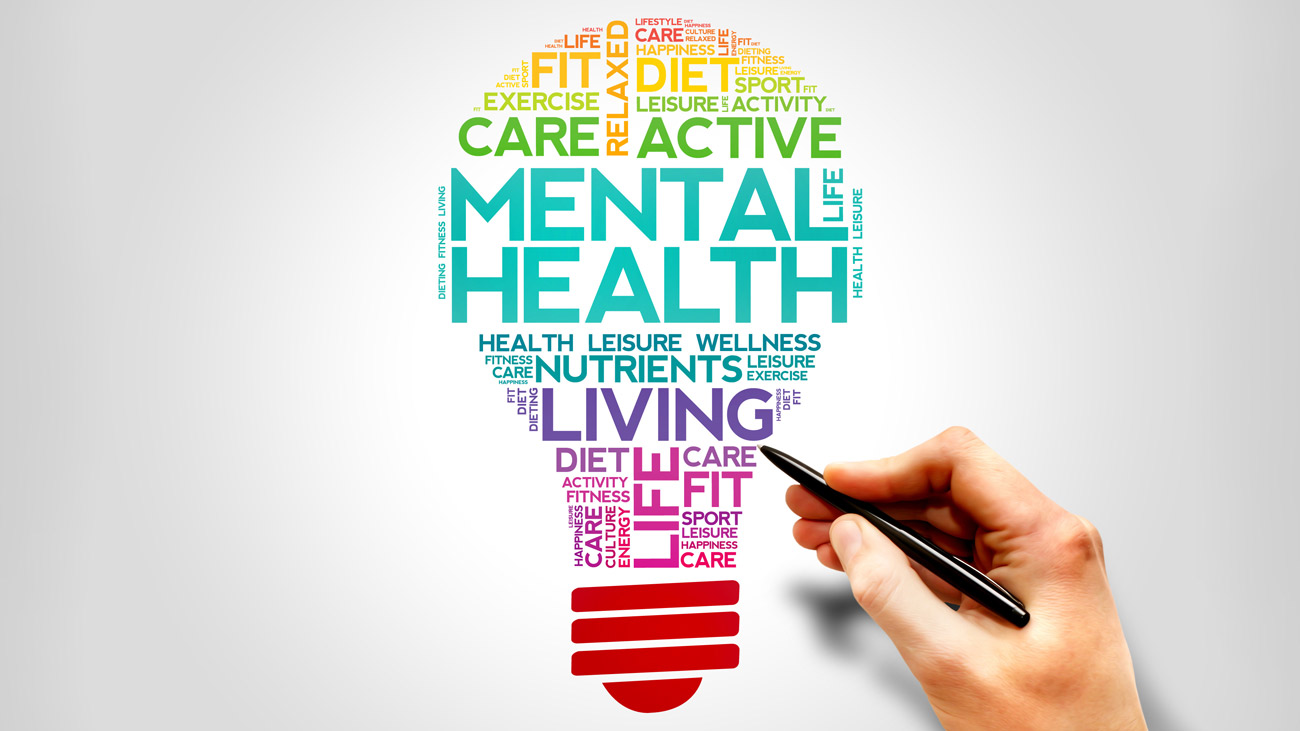
ILO and WHO publish mental health policy brief ahead of World Mental Health Day
The International Labour Organisation (ILO) and the World Health Organization (WHO) have published their first ever joint policy brief on good practice on mental health at work. The new resource notes 11% of depression worldwide is attributable to occupational risks, with 12 billion working days lost worldwide every year to depression and anxiety.
Its key messages include:
- Prevent work-related mental health conditions through psychosocial risk management, which includes using organisational interventions to reshape working conditions, cultures and relationships.
- Protect and promote mental health at work, especially through training and interventions that improve mental health literacy, strengthen skills to recognise and act on mental health conditions at work, and empower workers to seek support.
- Support workers with mental health conditions to participate fully and equitably in work through reasonable accommodations, return to work programmes and supported employment initiatives.
- Create an enabling environment with cross-cutting actions to improve mental health at work through leadership, investment, rights integration, participation, evidence and compliance.
Work can be a protective factor for mental health, but it can also contribute to potential harm. All workers have the right to a safe and healthy environment at work.
The Mental health at work: policy brief provides a pragmatic framework for implementing the recommendations of the WHO guidelines on mental health at work. The policy brief provides actions for governments, employers, employers’ and workers’ organisations, civil society and health service planners to prevent work-related mental health conditions, protect and promote mental health at work and support workers with mental health conditions.
For all workers, safe and healthy working environments are not only a fundamental right, but are also more likely to improve work performance and productivity, improve staff retention and minimise tension and conflict.
The report has been published ahead of World Mental Health Day, which takes place on 10 October. The World Health Organization is using the slogan “Make mental health & well-being for all a global priority” and says:
“Whilst the pandemic has, and continues to, take its toll on our mental health, the ability to reconnect through World Mental Health Day 2022 will provide us with an opportunity to re-kindle our efforts to protect and improve mental health. Many aspects of mental health have been challenged; and already before the pandemic in 2019 an estimated one in eight people globally were living with a mental disorder. At the same time, the services, skills and funding available for mental health remain in short supply, and fall far below what is needed, especially in low and middle income countries.
The COVID-19 pandemic has created a global crisis for mental health, fuelling short- and long-term stresses and undermining the mental health of millions. Estimates put the rise in both anxiety and depressive disorders at more than 25% during the first year of the pandemic. At the same time, mental health services have been severely disrupted and the treatment gap for mental health conditions has widened.
We must deepen the value and commitment we give to mental health as individuals, communities and governments and match that value with more commitment, engagement and investment by all stakeholders, across all sectors. We must strengthen mental health care so that the full spectrum of mental health needs is met through a community-based network of accessible, affordable and quality services and supports.
Stigma and discrimination continue to be a barrier to social inclusion and access to the right care; importantly, we can all play our part in increasing awareness about which preventive mental health interventions work and World Mental Health Day is an opportunity to do that collectively. We envision a world in which mental health is valued, promoted and protected; where everyone has an equal opportunity to enjoy mental health and to exercise their human rights; and where everyone can access the mental health care they need.”
Stigma is defined as a mark of disgrace associated with a particular circumstance, quality, or person. There is a strong social stigma attached to mental ill health, and people with mental health problems can experience discrimination in all aspects of their lives.
Stigma, which is pervasive in the general population and in the health sector, is a major barrier to improved mental health services and self-care. It is present in homes, schools, workplaces, communities and even within the mental health care system itself. People will often choose to suffer mental distress without relief, rather than risk the discrimination and ostracization that comes with accessing mental health services. Stigma among primary care providers likely contributes to low rates of detection of mental health conditions in primary care.
Stigma leads to social isolation and discrimination, which impacts a person’s ability to earn an income, have a voice, gain access to quality care, be part of their community and recover from their mental health condition. Around the world, people living with mental health conditions are frequently excluded from community life and denied basic rights. They are also discriminated against in the fields of employment, education and housing. In all cases, stigma and discrimination can adversely impact mental health and hinder people’s recovery.
The WHO recognises that shifting attitudes and tackling stigma is not easy, but experience shows it is possible. Large-scale awareness campaigns can create positive changes in public attitudes and approaches based on social contact with people with mental health conditions are known to be particularly effective. People with lived experience, including in peer-led organizations, can be important agents of change.
Our latest IOSH course, Managing Occupational Health and Wellbeing, looks at the issue of mental health and wellbeing in depth. It is suitable for managers and supervisors working in any sector and for any organisation. It's designed to provide them with the tools and techniques to improve health and wellbeing in the organisation.






